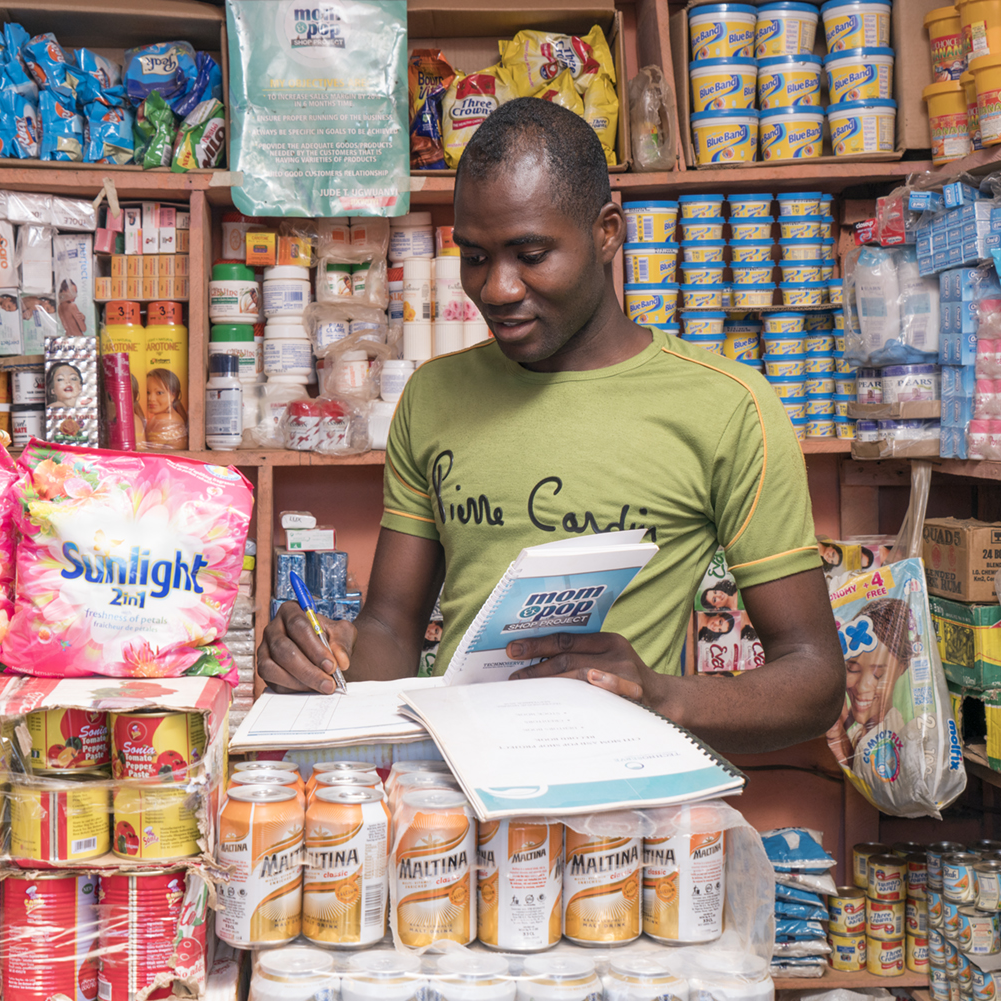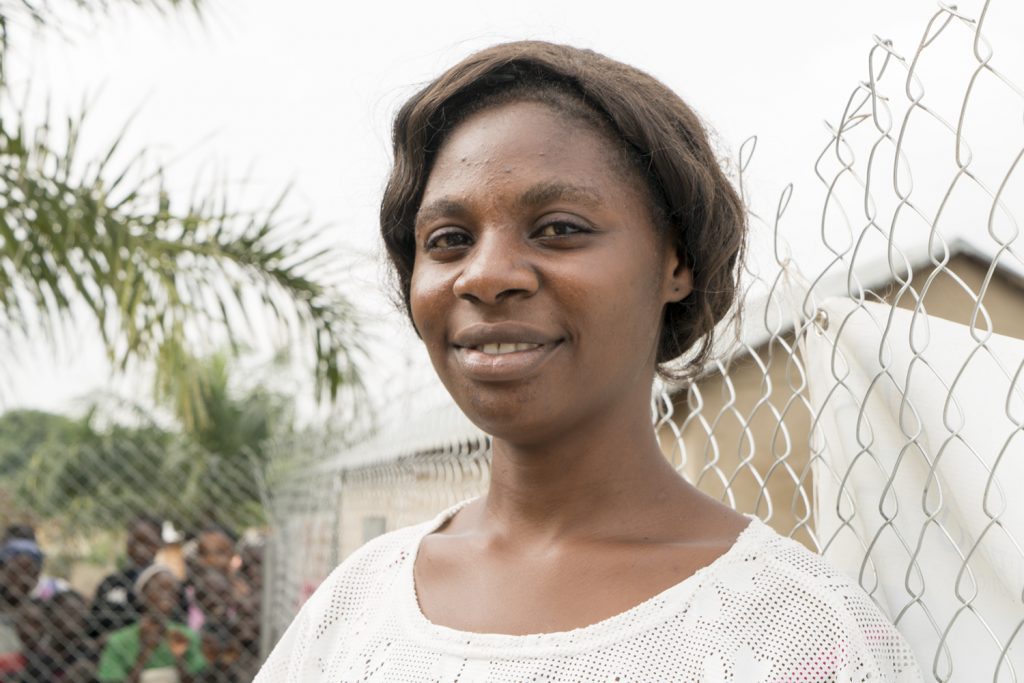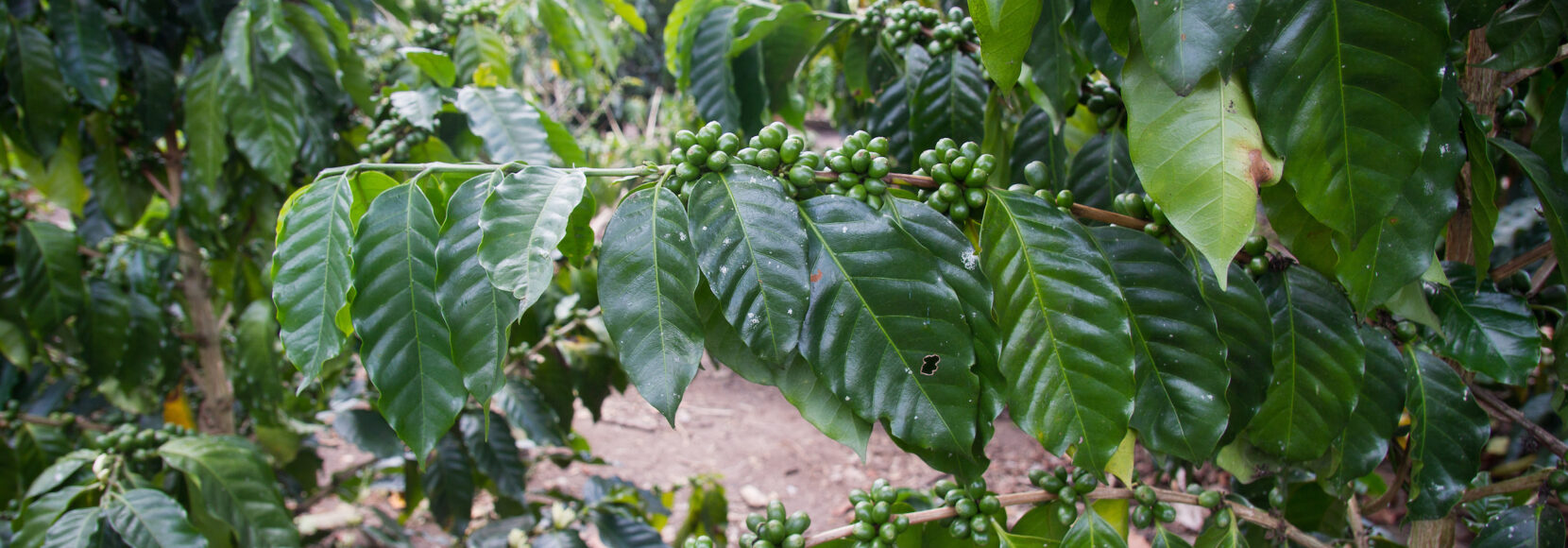
How Boosting the Dairy Sector Improves Food Security in Nigeria
Across West Africa, food security is being challenged by armed struggles and the ongoing COVID-19 pandemic, which will create long-lasting challenges. Amaka Ikeaka, regional program manager for West Africa, writes about how dairy production and other long-term solutions can help address these challenges, particularly in Nigeria.
In northern Nigeria, long-standing insurgency has led to a decline in agricultural production within the region and a sharp increase in food prices. Over four million people in northeast Nigeria (the epicenter of the conflict) are food-insecure.

In northern Nigeria, long-standing insurgency has led to a decline in agricultural production within the region and a sharp increase in food prices. Over four million people in northeast Nigeria (the epicenter of the conflict) are food-insecure.
This crisis has also led to a high number of internally displaced people (IDPs) who are migrating to less violent areas, leaving their homes and farms – and losing their livelihoods in the process.
This violence is being driven by a whirlwind of factors: poverty, illiteracy, differences in culture and religion, lack of government response, corruption, and desert encroachment creating conflict between farmers and herders.
Climate Change Creates Conflict
Climate change continues to create unforeseen challenges across Nigeria. Extreme weather events happen more regularly now, including variations in rainfall patterns and increases in temperature. Over 70% of farmers in Nigeria are subsistence farmers who rely on rain-fed agriculture for production, making them vulnerable to flooding, droughts, and high temperatures. This often leads to lower crop yields and soil degradation.

Availability of water, droughts, and severe desertification as a result of climate change in northern Nigeria have also forced herdsmen and pastoralists to travel to the southern region in search of pastures and water for their cows. This led to increased tension between farmers and herdsmen, with the latter encroaching on land inhabited by others and leading to deadly conflicts, loss of food crops, and higher food prices.
Data shows that the conflict between these two groups has actually killed more people than the Boko Haram insurgency in recent years.
COVID-19 Pandemic Causes Economic Challenges Across Nigeria
The COVID-19 pandemic is also aggravating already existing crises in the country. The economic effects of COVID-19 restrictions include border closures that affected businesses and a five-week nationwide lockdown that impacted all aspects of the economy: as of May 2020, a survey showed that 42% of people across the country had stopped working.
In addition, researchers say that the pandemic will push an additional 10.9 million Nigerians into poverty by 2022. At a time when it was needed most, the country lacked a social security system that could support the massive number of people who quickly lost jobs and incomes.
These pandemic-related challenges are in tandem with economic shocks caused by the crashing of oil prices (Nigeria generates over 60% of its revenue from oil), which led to a shortage of foreign exchange currency that might otherwise have been spent importing personal protective equipment (PPE) during the pandemic.
Make a difference for people experiencing food insecurity by supporting solutions that address the root causes:
Help Reduce Poverty & Food Insecurity
Addressing Crises Through Economic Development
Better milk production could do much to improve food security, but Nigeria is currently unable to meet demand. This is due to a variety of factors, including low cow yields; an informal market sector and weak farmer organization; and nomadic herdsmen traveling in search of food, which causes conflict between cattle herders and farmers.
So in Nigeria, and around West Africa, TechnoServe has been working to improve the dairy value chain through the Advancing Local Dairy Development in Nigeria (ALDDN) program.
Launched in January 2020, the partnership aims to improve the livelihoods, productivity, nutrition, and empowerment of smallholder dairy farmers and their communities. We provide the farmers with milk cans, water, through the provision of solar-powered boreholes, and animal fodder through entrepreneurs who can provide these supplies – meaning farmers won’t have to migrate to other regions in search of pasture for their cows.
TechnoServe helps organize the farmers into groups that sell milk directly to the processors, providing training to ensure the milk is compliant with processor requirements and standards. We also help the farmers and larger communities improve their access to finance and diversify their incomes to help protect against environmental and economic shocks.

We also do a lot of work to support women in the dairy chain. Why? In Nigeria, men generally own the cows while women are in charge of milking the cows. This means, really, that smallholder women dairy farmers produce the majority of the milk in Nigeria. So, we help women cultivate alternative income sources so that when the milk yields are lower during the dry season, they still have a source of income: poultry or vegetable production, for example.
Long-Term Food Security Solutions Across Sectors
In addition to these kinds of intervention to boost the dairy sector are other long-term measures that can support food security across Nigeria and the West Africa region. These include:
- Adopting climate-smart agricultural practices: an ongoing adoption of climate-smart agriculture practices will help reduce the long-term effects of climate change.
- Food fortification: fortifying commonly consumed foods like maize can also drive up the health and well-being of Nigerians through greater micronutrient intake.
- Supporting micro-retail: supporting micro-retailers, which provide many consumers with food and other goods can help shopkeepers, workers, and the local economy.
Solving food security challenges in Nigeria will require a multi-faceted approach and serious input from a multitude of stakeholders.
Read about increasing economic opportunity for tomato and rice farmers in Nigeria.





